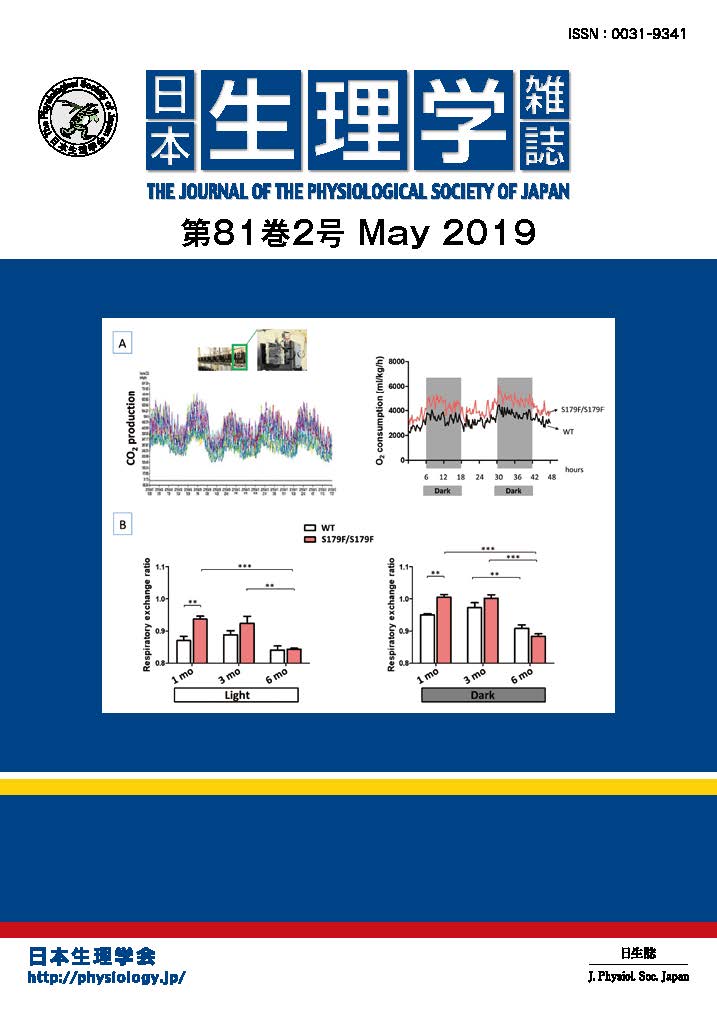Learning induces plastic changes in synapses. However, the regulatory molecules that orchestrate learning-induced synaptic changes are largely unknown. Although it is well established that cholinergic inputs from the medial septum modulate learning and memory, evidence for the cholinergic regulation of learning-induced synaptic plasticity is lacking. Here we find that the activation of muscarinic acetylcholine (ACh) receptors (mAChRs) mediates the contextual fear learning-driven strengthening of hippocampal excitatory pyramidal synapses through the synaptic incorporation of AMPA-type glutamate receptors (AMPARs). Contextual fear learning also enhances the strength of inhibitory synapses on hippocampal pyramidal CA1 neurons, in a manner mediated by the activation of, not mAChRs, but, nicotinic AChRs (nAChRs). We observe a significant correlation between the learning-induced increases in excitatory and inhibitory synaptic strength at individual pyramidal neurons. Understanding the mechanisms underlying cholinergic regulation of learning-induced hippocampal synaptic plasticity may help the development of new therapies for cognitive disorders.

(Mitsushima et al, Nature Communications 4:2760 doi: 10.1038/ ncomms3760, 2013)
*Department of Systems Neuroscience, Yamaguchi University Graduate School of Medicine
























